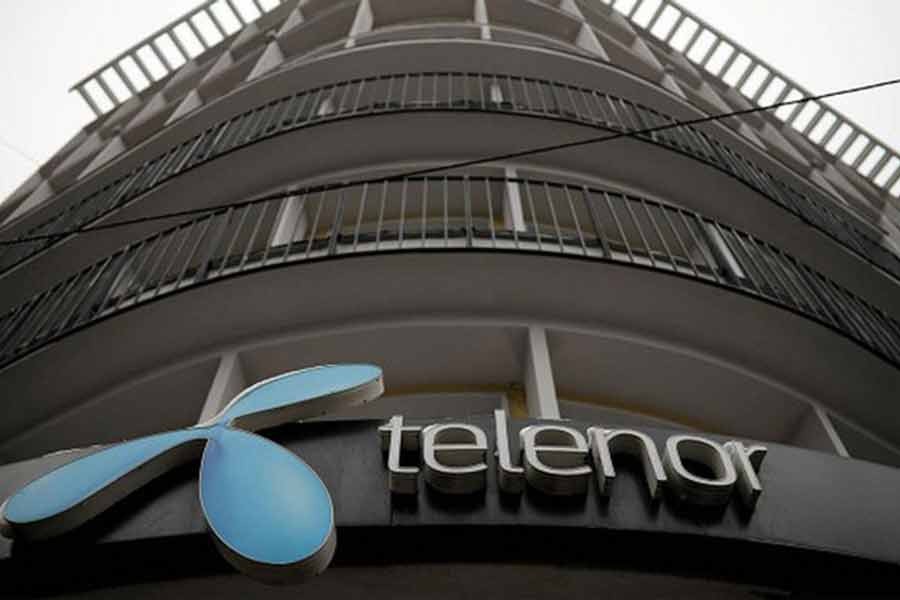Plans by Norway's Telenor to withdraw from Myanmar by selling its telecom operations there to a Lebanese firm have stalled after the junta indicated it favoured at least part-ownership by a local company, according to people familiar with the matter.
Telenor, one of the biggest foreign investors in Myanmar, announced in July it was selling its local operations to M1 Group for $105 million, retreating from a country that has slid into chaos after a military coup, reports Reuters.
But its exit has been mired in difficulties after the junta piled pressure on telecom and internet firms to install surveillance technology and barred senior executives from leaving the country.
M1, an investment firm owned by the family of Lebanese Prime Minister Najib Mikati, is in advanced talks about a partnership with at least one Myanmar company - Shwe Byain Phyu Group which has interests in oil and gem mining, said three sources who declined to be identified due to the sensitivity of the issue.
Other local firms are also interested, two of the sources said, though they could not give the name of the companies.
Telenor said in a statement that it was waiting for a formal response from Myanmar authorities to its request to sell its unit to M1 and declined further comment. A spokesperson for M1 declined to comment.
A person who answered the phone at Shwe Byain Phyu declined to answer questions or pass on enquiries. A junta representative did not respond to requests for comment.
Shwe Byain Phyu’s chairman, Thein Win Zaw, is a director of Mahar Yoma Public Company, part of a consortium that has a stake in Mytel, corporate records show. He did not respond to a request for comment.
THE JUNTA'S CRACKDOWN
Activists have expressed alarm that Telenor's exit could deepen the junta's surveillance of the local population. It is one of four telecom operators in Myanmar, alongside Qatar's Ooredoo (ORDS.QA), state-backed MPT and Mytel, which is part-owned by a military-linked company.
An investigation found telecom and internet service providers had been secretly ordered in the months before the coup to install intercept technology that would allow the army to freely eavesdrop on the communications of citizens.
Telenor said in September it was pulling out of the country to avoid European Union sanctions after “continued pressure” from the junta to activate the technology.
Since the Feb 1 coup, Myanmar security forces have killed more than 1,200 people and arrested thousands in a bid to crush resistance, according to Assistance Association for Political Prisoners, a local non-governmental organisation.
The military seized power alleging widespread fraud in a November election won by a landslide by the civilian government led by. International and local monitoring groups said there were no major irregularities with the vote.
The junta has imposed nationwide and regional shutdowns of mobile data, making it harder for pro-democracy activists to organise protests. It also issued a confidential order in July restricting senior foreign telecom executives from leaving the country without permission.
Shortly after the ban, security forces stopped a top Telenor Myanmar foreign executive at the airport, preventing the executive from travelling, according to two people with knowledge of the incident.
Telenor declined to comment, citing safety concerns for individual employees. Aung Naing Oo, the military’s investment minister, said in October Telenor executives had been “requested” not to leave the country pending regulatory approval of the unit's sale.
He said at the time the sale was undergoing a screening process, noting M1 was a relative newcomer to Myanmar and authorities were scrutinising whether it was trustworthy.


